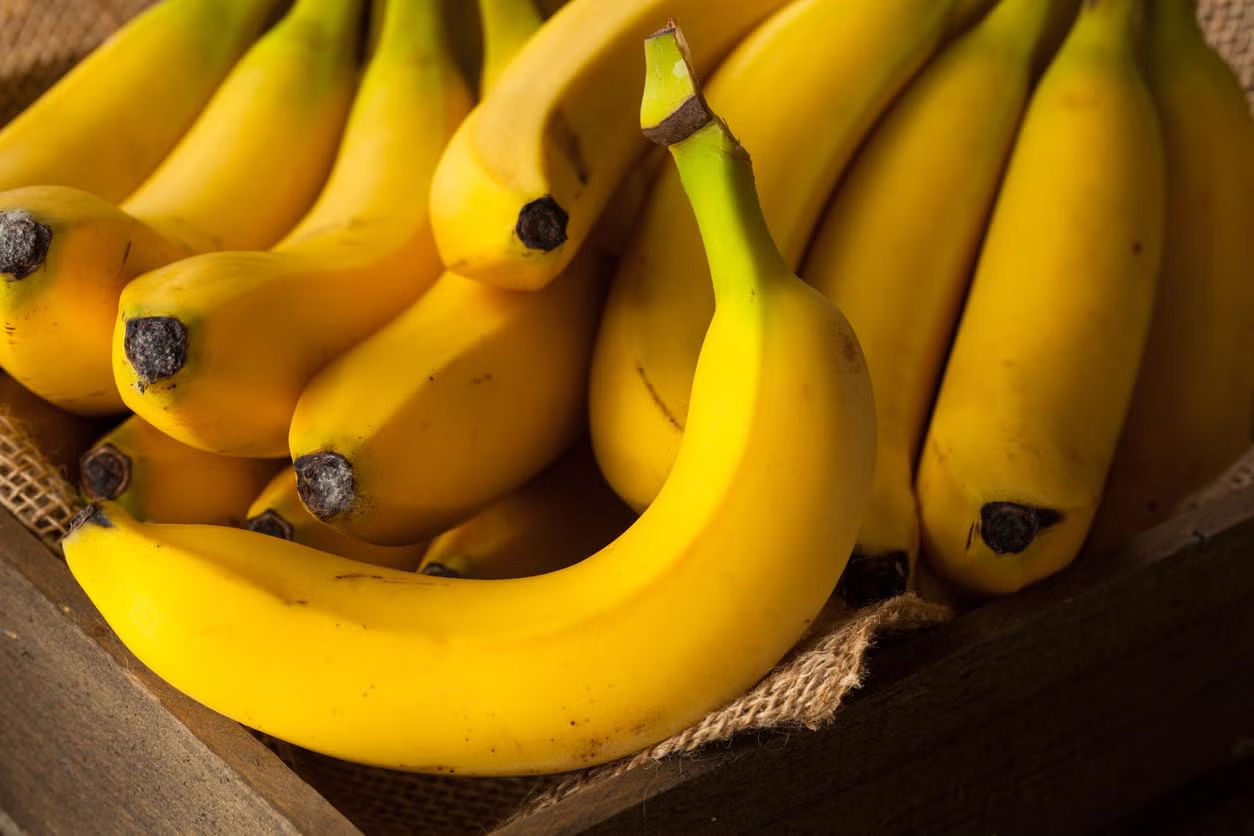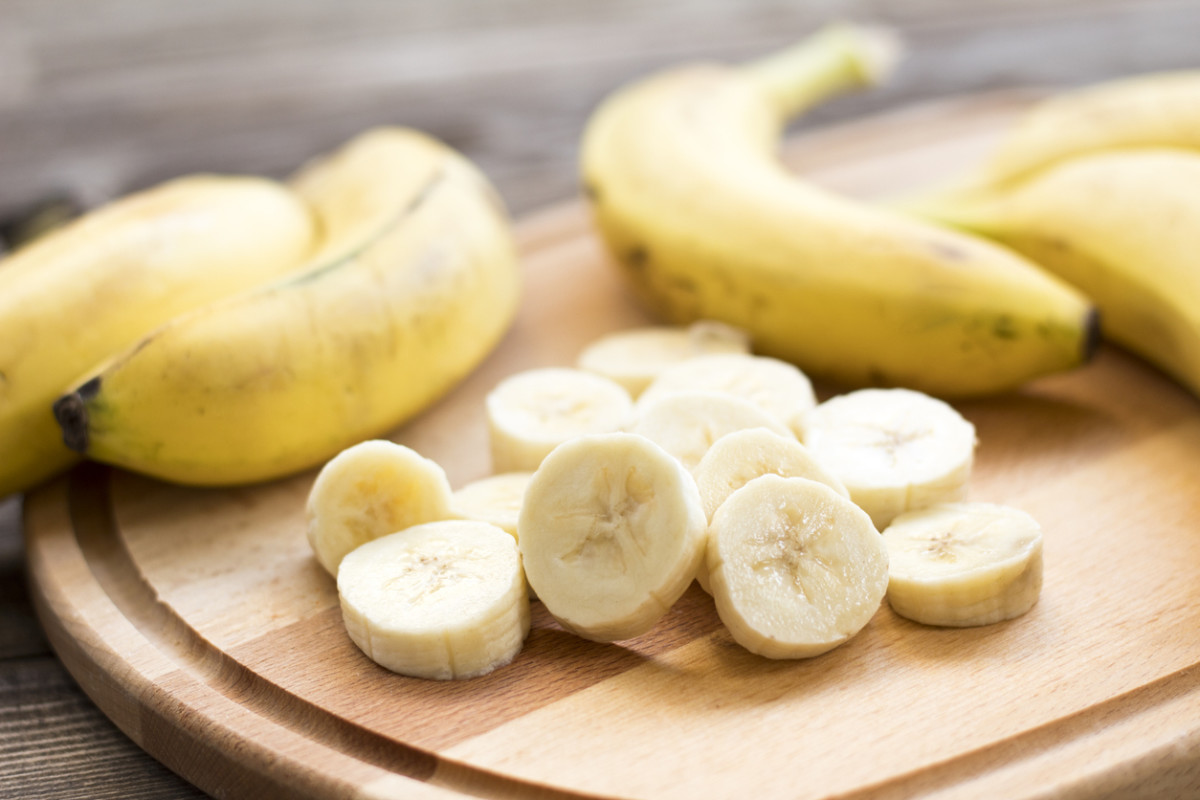High blood pressure, or hypertension, affects millions globally and stands as a major risk factor for serious health issues like heart disease, stroke, and kidney failure.
Managing blood pressure is vital to maintaining overall health and preventing such complications. While medication and lifestyle changes are standard approaches, natural dietary strategies can also make a significant impact.
One simple food often mentioned in this context is the banana. But what role does eating bananas daily actually play in blood pressure control? The answer may be more significant than expected.

Why Bananas Help Regulate Blood Pressure
Bananas are a favorite fruit thanks to their sweet taste, convenience, and nutritional value. Among their many nutrients, potassium is particularly important for blood pressure regulation. This mineral helps balance fluid levels and supports the contraction and relaxation of blood vessels.
A medium banana typically provides around 400 to 450 milligrams of potassium—roughly 10% of an adult’s daily requirement. Potassium aids in counteracting sodium, which is known to raise blood pressure, by helping flush excess sodium out through urine.
Scientific Insight Into Potassium and Blood Pressure
Research consistently supports the connection between potassium intake and lower blood pressure. A review published in the American Journal of Clinical Nutrition found that higher potassium consumption significantly reduced both systolic and diastolic blood pressure, especially in those with hypertension. Potassium relaxes blood vessel walls and reduces resistance, easing strain on the heart.
In addition, potassium helps manage fluid balance within cells, limiting fluid retention that could otherwise contribute to increased pressure. Since bananas are a convenient source of this mineral, they can be an easy addition to a heart-healthy diet.


